How Often Do Orchids Bloom? And How To Encourage More Frequent Flowers
If you're impatiently waiting for your orchid to rebloom, it pays to understand its natural flowering cycle. Discover common bloom times, and how to increase frequency.
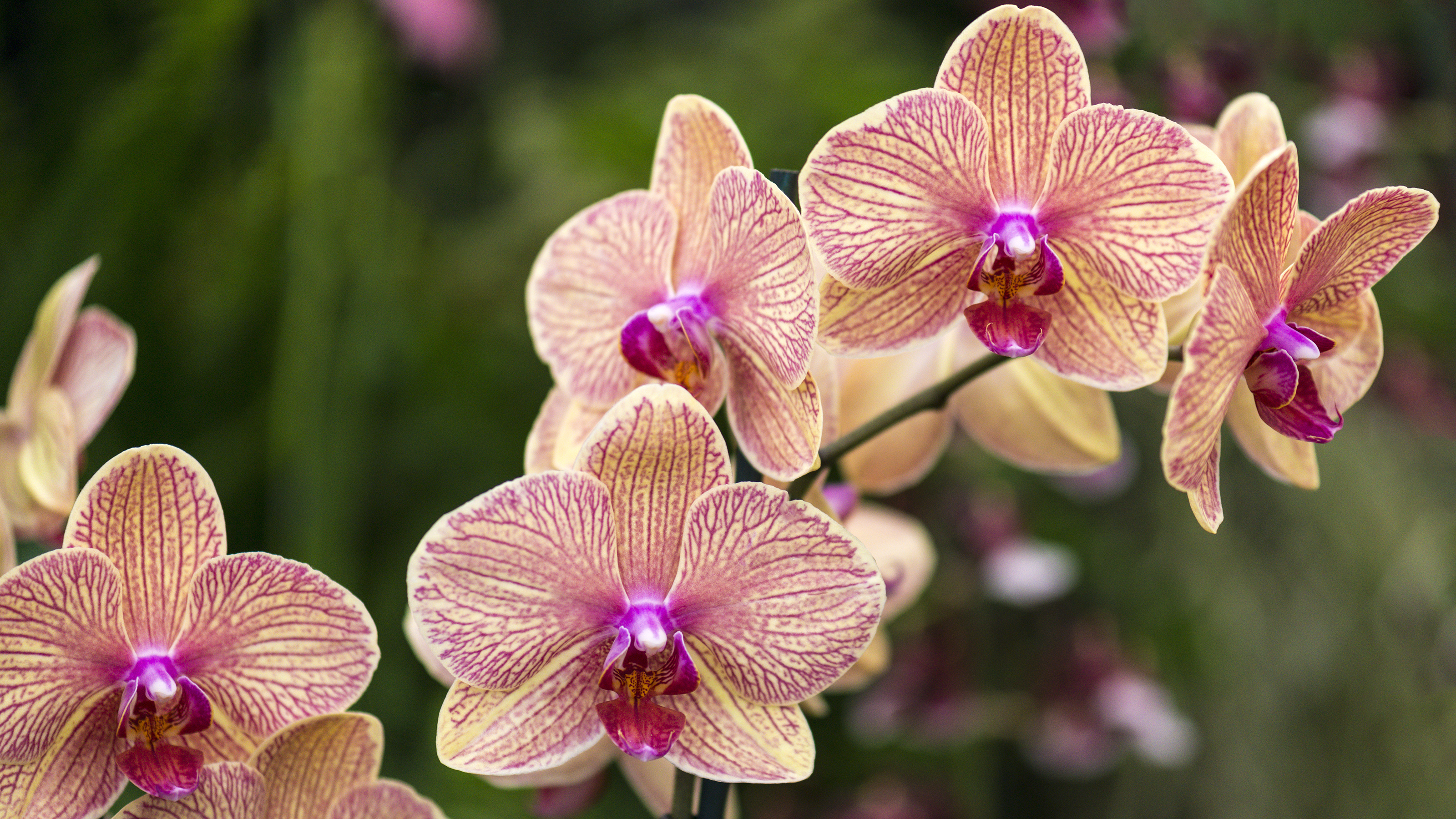

Melanie Griffiths
Orchids are dramatic houseplants that produce beautiful, long-lasting flowers. The display can last for several weeks – even months. But once blooms have faded, growers are eager for a repeat performance.
How often orchids bloom is affected by the individual species, the standard of orchid care, and the growing environment.
This article delves into the bloom rate of different types of orchids, and how to encourage orchids to flower more frequently.
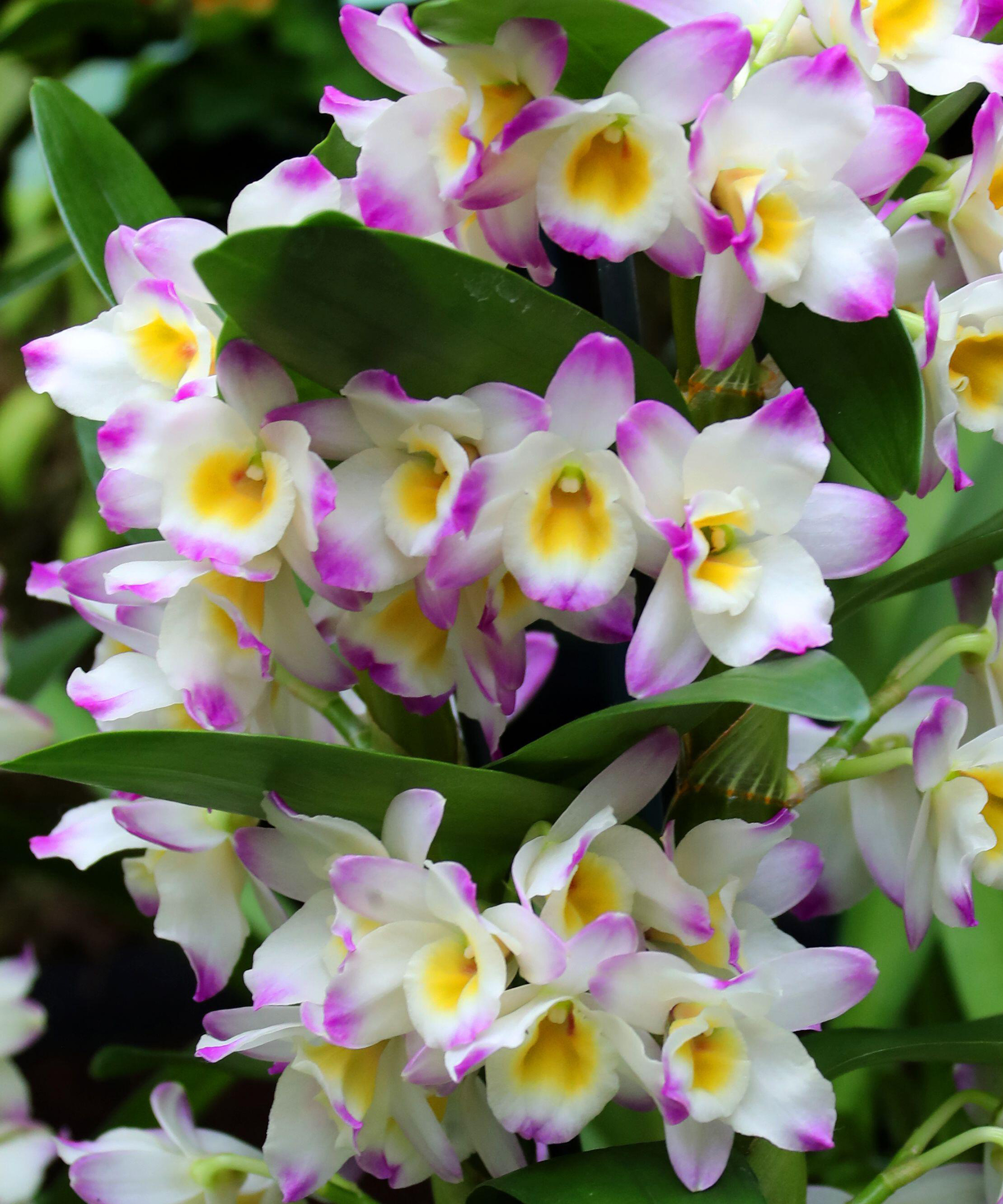
How Often Do Orchids Bloom?
Most orchids bloom at least every 8-12 months. However, some species flower more frequently. The following orchid species bloom the most often:
- Phalaenopsis orchids – or moth orchids – are the most popular houseplant type. They are easy to grow and can easily be encouraged to bloom twice a year. Their flowers last for up to three months.
- Dendrobium orchids are also commonly found as houseplants. They are prolific bloomers and often flower two or more times per year.
- Vanda orchids have showy flowers that last up to three months. Some types only bloom once a year, while others can bloom multiple times.
- Cattleya orchids are available in many hybrid variants. Their flowers are frequently bicolored and often appear more than once a year.
- Oncidium orchids are a genus of around 300 species, many of which bloom twice a year. Oncidium flowers resemble dancing ladies.
- Miltonia orchids are known as pansy orchids, as their flowers resemble those of pansies. They often reliably bloom twice per year.
In general, hybrids created by orchid breeders are more likely to bloom more than once a year.
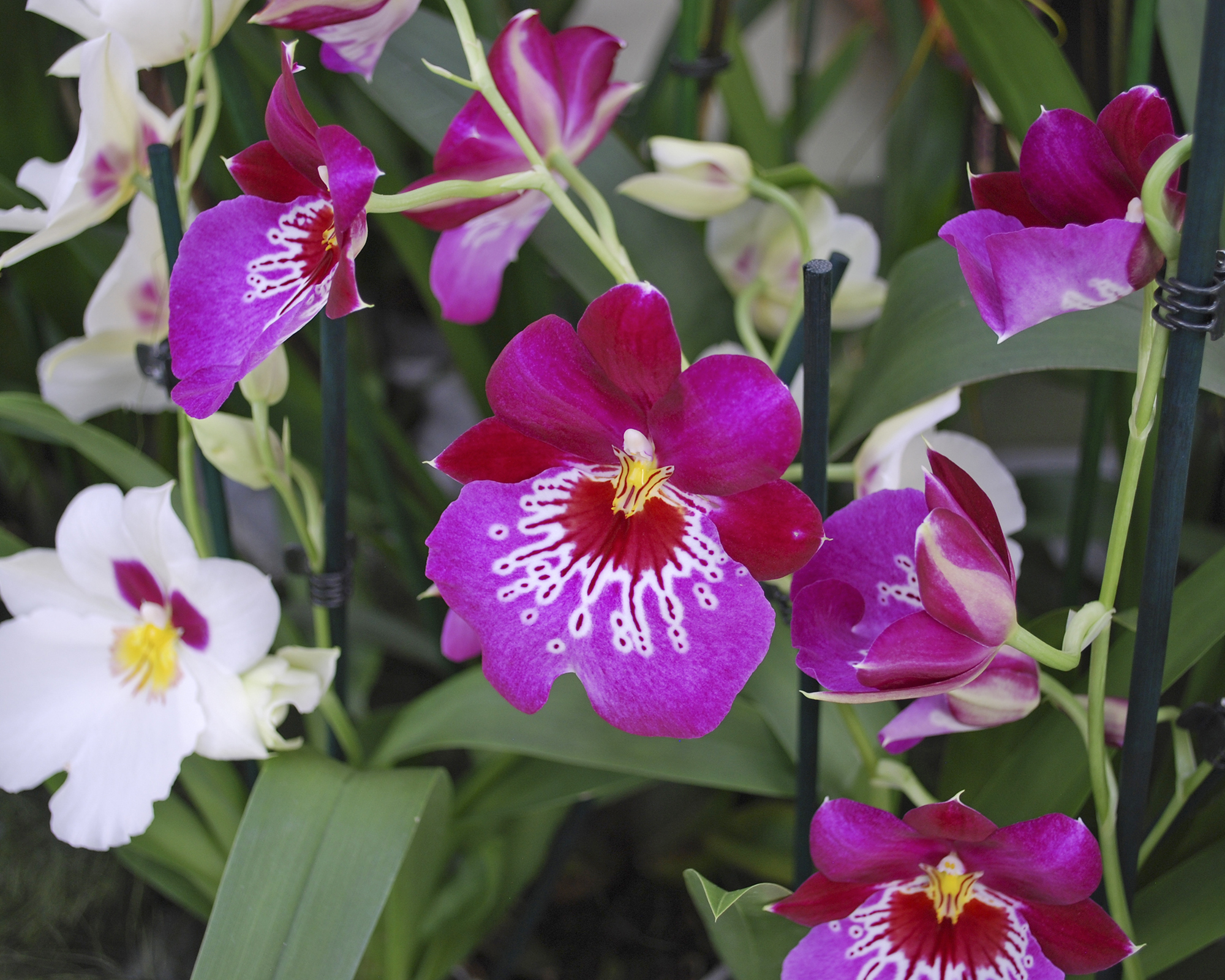
How Can I Make an Orchid Bloom More Often?
With good care, you can make an orchid rebloom more frequently than it would naturally. Provide the best conditions for your orchid, and you will likely get multiple bloom periods per year.
Different species might have slightly different needs, but in general, orchids grow and bloom best with:
Gardening tips, videos, info and more delivered right to your inbox!
Sign up for the Gardening Know How newsletter today and receive a free copy of our e-book "How to Grow Delicious Tomatoes".
- A special, non-soil orchid potting medium that drains water very quickly.
- Orchid light requirements make a big difference. Plants usually thrive in bright but indirect light, preferably from an eastern or southern window.
- Plenty of space to allow for airflow.
- The issue of how to water orchids – and more pertinently how often to water orchids – trips up many inexperienced growers. Aim for a frequency of approximately once per week in winter and twice per week in summer or warmer conditions.
- Orchids require moderate humidity in order to flower.
- Orchid fertilizing is essential for a regular show of flowers. Aim for every couple of weeks.
Bear in mind that getting an orchid to rebloom requires a period of rest and dormancy. Learn how to prune orchids correctly, and when your plant has finished blooming, snip off the flower spike. You should reduce water and fertilizer application to allow the plant to rest. During this time, it will strengthen its roots and prepare to rebloom.
Start providing regular care again when you see a new leaf appearing. When this new leaf has grown to full size, your orchid is probably ready to bloom again. You can speed up the process by moving the pot to a slightly cooler location at night. This temperature drop often nudges an orchid into bloom.
Be patient, provide your orchid with everything it needs, and you’ll have new flowers before you know it.
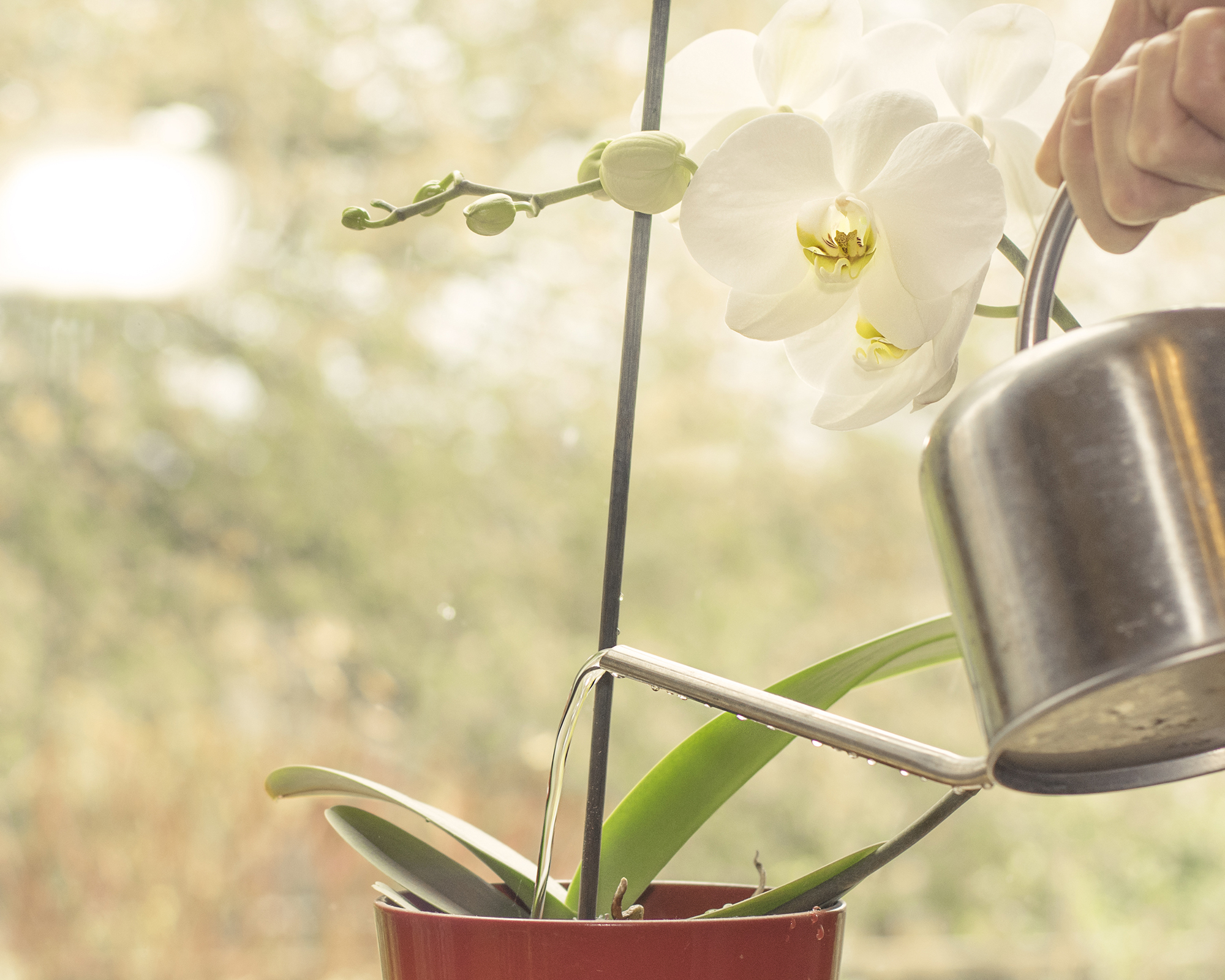
Why Is My Orchid Not Blooming?
One of the most common reasons an orchid fails to rebloom is inadequate light. Provide your plant with strong, indirect light.
Bright green leaves usually indicate an orchid is getting enough light. If the leaves grow darker in color, this could indicate they are not getting enough light.
Another reason orchids do not bloom is a lack of nutrients. Many orchid experts prefer to feed their plants weekly with diluted fertilizer (about half strength). Use a balanced product or one advertised to increase blooms.
It’s easy to overwater an orchid, which can also be a cause of delayed blooming. Overwatering can even kill your orchid. Avoid watering your orchid until it has dried out. Then, let water run all the way through the roots and drain out again.
Also make sure your orchid is growing in the appropriate medium, which allows water to drain away very quickly, and choose orchid containers with good drainage.

Mary Ellen Ellis has been gardening for over 20 years. With degrees in Chemistry and Biology, Mary Ellen's specialties are flowers, native plants, and herbs.
- Melanie GriffithsSenior Editor
-
 Looking For Plants To Give You The Soft And Fuzzies? Try These 5 Fuzzy Leaf Plant Options
Looking For Plants To Give You The Soft And Fuzzies? Try These 5 Fuzzy Leaf Plant OptionsLovers of texture, drama, silver foliage and tactile plants will adore these special sensory garden additions. These fuzzy leaf plant options will leave you all aglow
By Susan Albert
-
 Get Ready For A Summer Of Hummers! Grow These Full Sun Hummingbird Plants and Flowers
Get Ready For A Summer Of Hummers! Grow These Full Sun Hummingbird Plants and FlowersIf you’re lucky enough to enjoy a sunny backyard, make sure you are maxing out on your pollinator opportunities and grow these full sun hummingbird plants and flowers
By Tonya Barnett
-
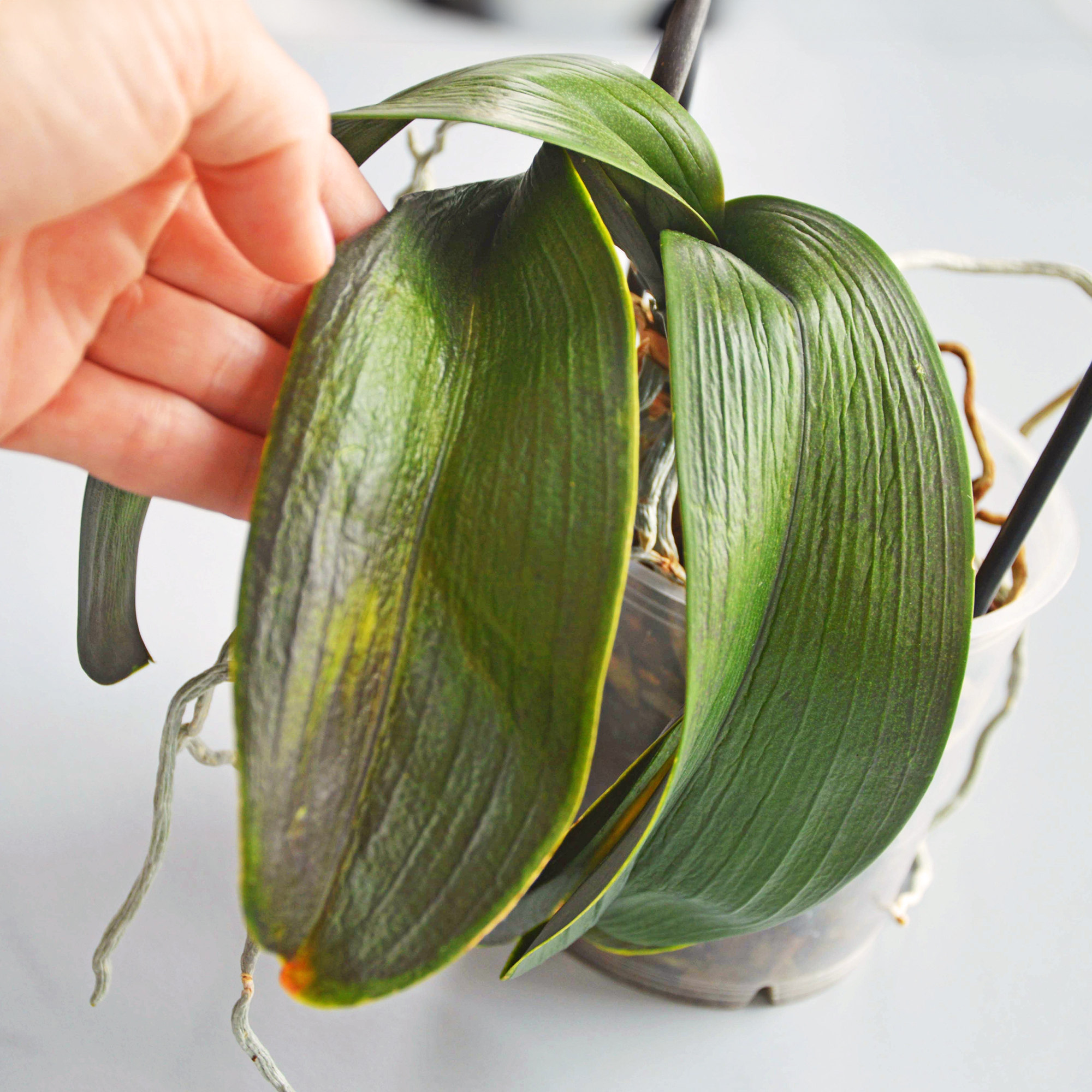 Orchid Leaves Wrinkled? 5 Common Causes & How To Restore Their Vitality
Orchid Leaves Wrinkled? 5 Common Causes & How To Restore Their VitalityAre your beloved orchid's leaves wrinkled? Worry not! Here are the most common causes for puckered orchid foliage, plus how to plump them back up.
By Tonya Barnett
-
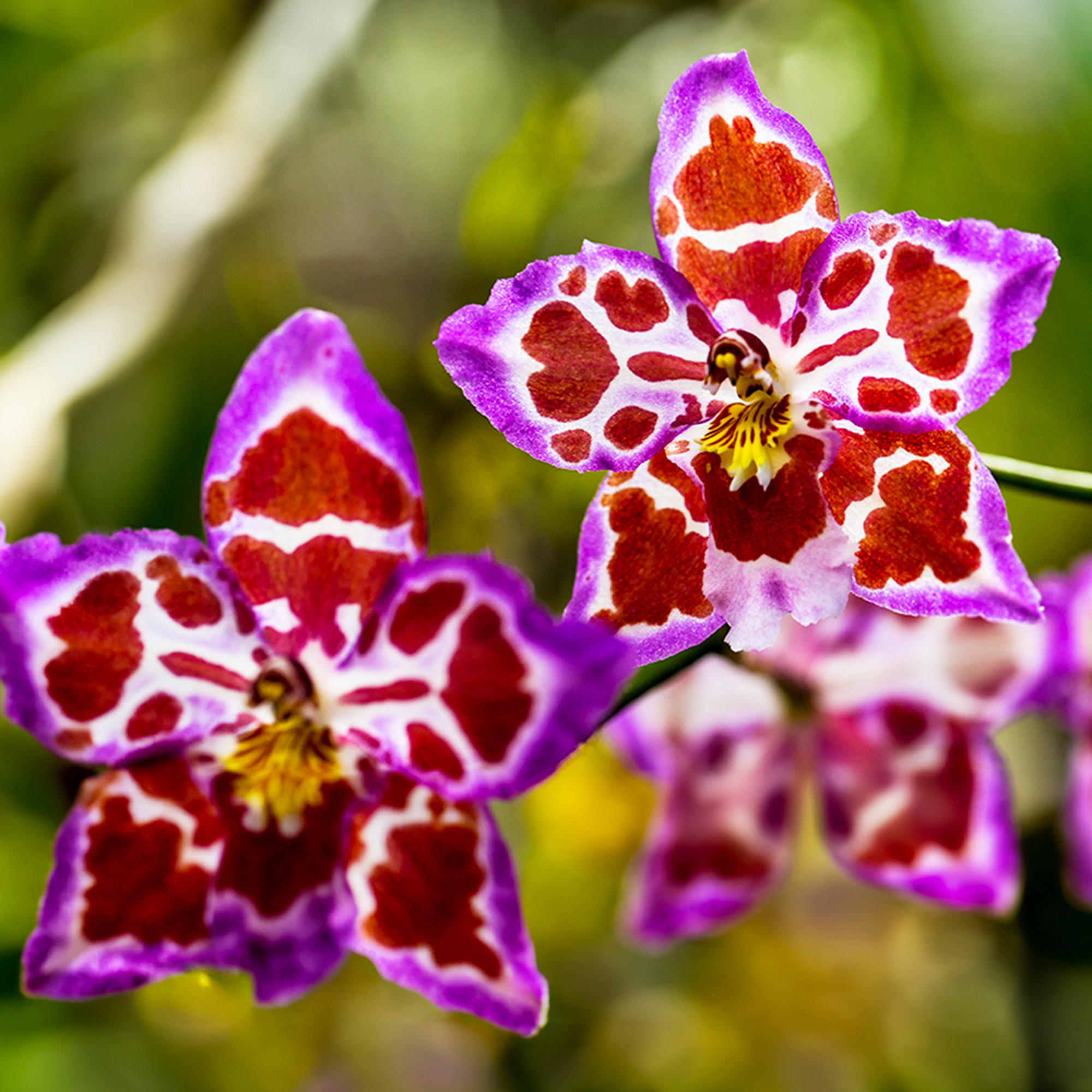 8 Rare Orchids That Make Stunning Houseplants – Some Are Surprisingly Easy To Grow
8 Rare Orchids That Make Stunning Houseplants – Some Are Surprisingly Easy To GrowDiscover unique orchids that will add exotic beauty to your home. Some make easygoing houseplants, while others offer a challenge for more seasoned growers.
By Melanie Griffiths
-
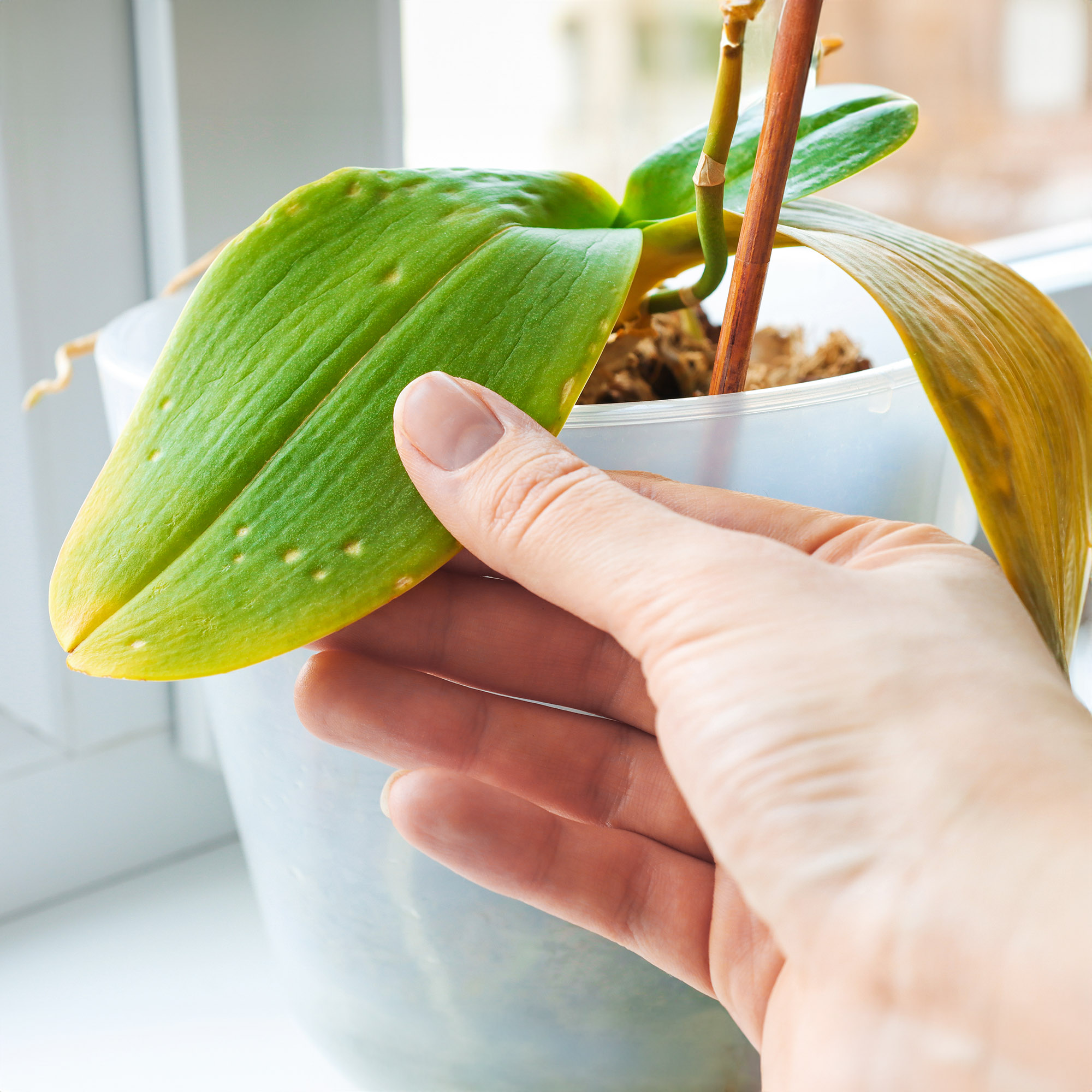 Why Is My Orchid Dying? 5 Common Causes & How To Save It Before It's Too Late
Why Is My Orchid Dying? 5 Common Causes & How To Save It Before It's Too LateStruggling to keep your orchid alive? Learn the top mistakes that cause orchids to decline – and the simple fixes to bring yours back to life.
By Bonnie L. Grant
-
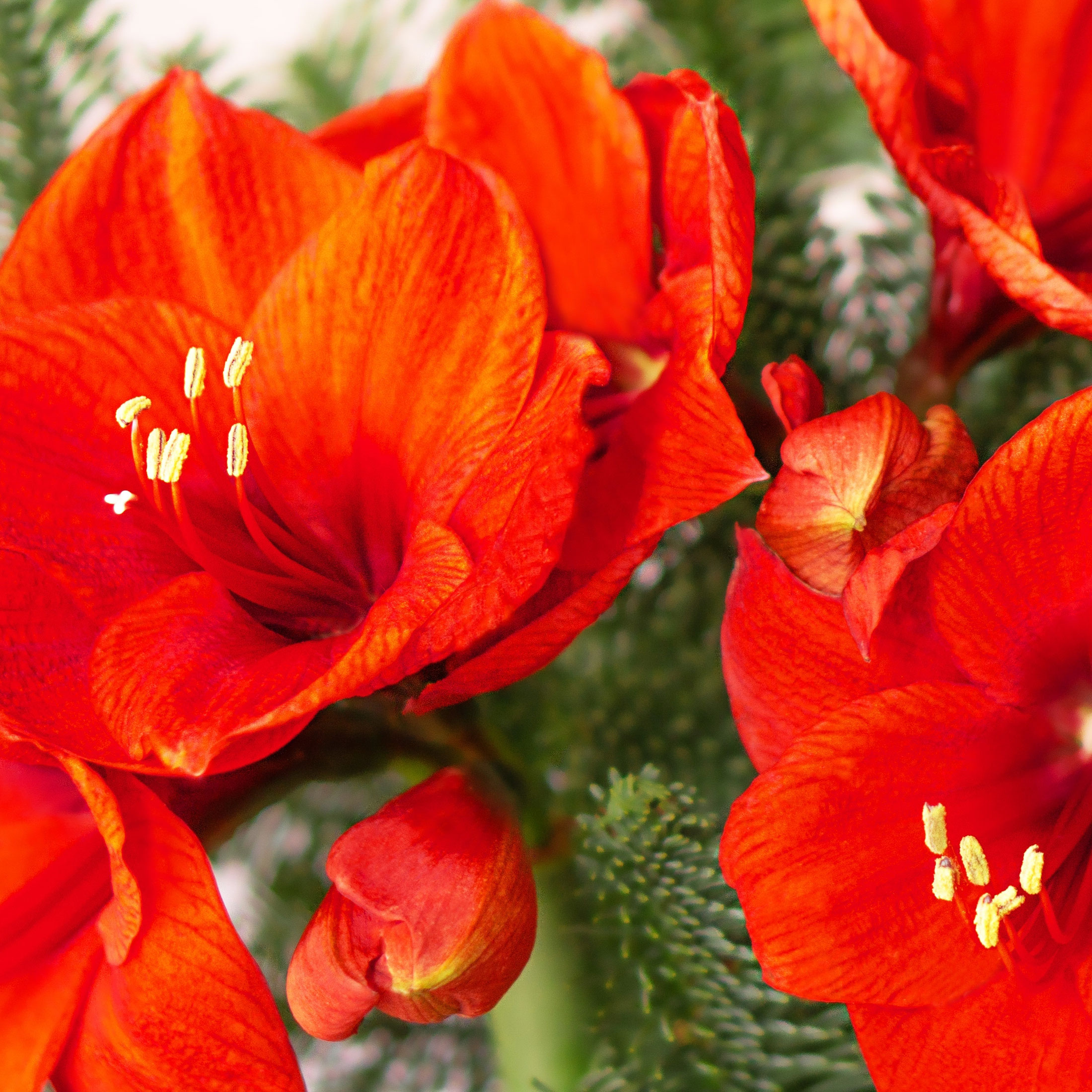 Warm Up Your Winter With Indoor Reds! 8 Red Amaryllis Varieties For Sizzling Seasonal Interest
Warm Up Your Winter With Indoor Reds! 8 Red Amaryllis Varieties For Sizzling Seasonal InterestWell loved as a bold decorative holiday bloomer, the red amaryllis is a hot favorite for winter displays. These red amaryllis varieties are guaranteed to fire up the season
By Tonya Barnett
-
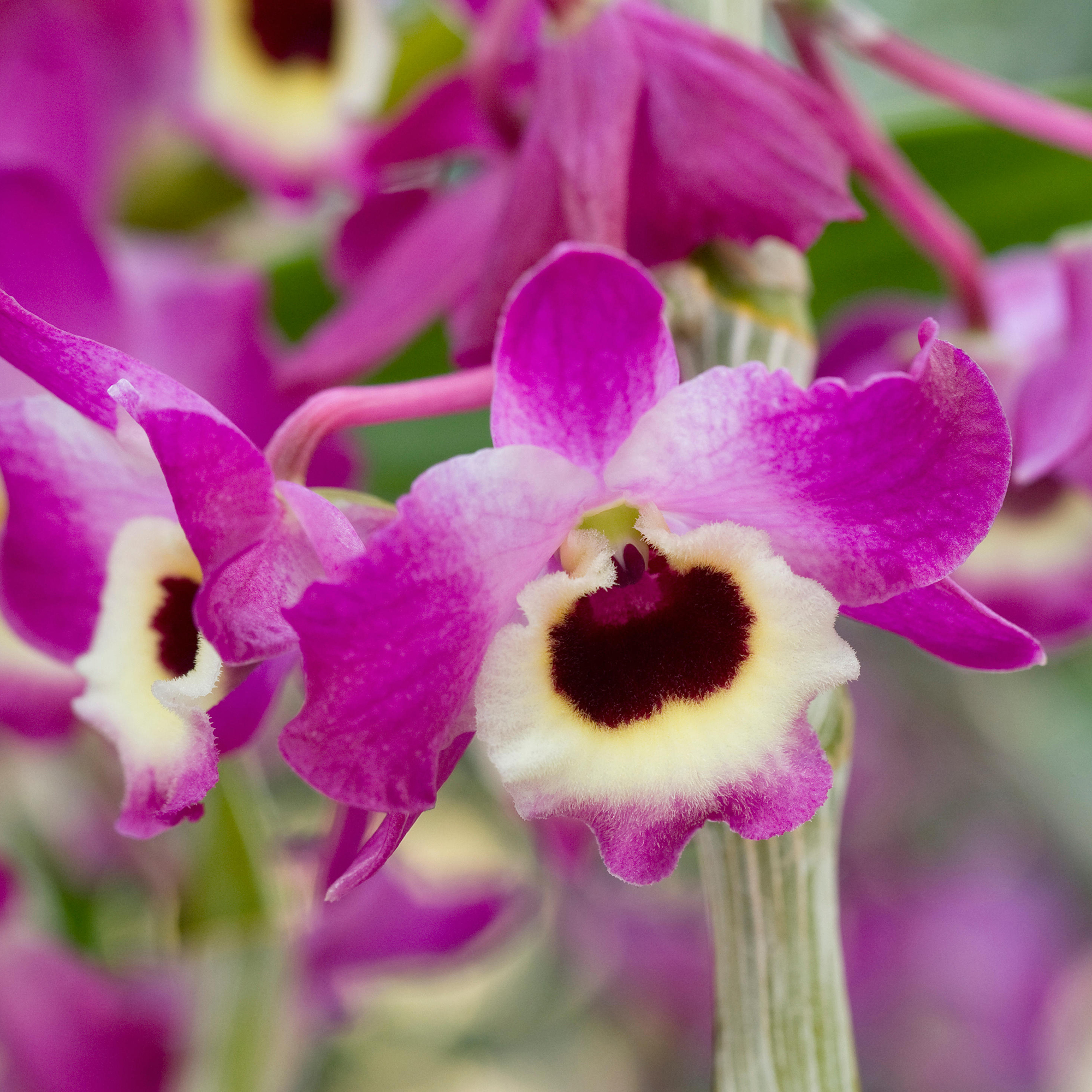 Dendrobium Nobile Orchid: How To Care For This Graceful, Easy-Going Houseplant
Dendrobium Nobile Orchid: How To Care For This Graceful, Easy-Going HouseplantLearn how to care for elegant dendrobium nobile orchids. These undemanding plants make a stunning addition to any orchid collection and are ideal for beginners.
By Bonnie L. Grant
-
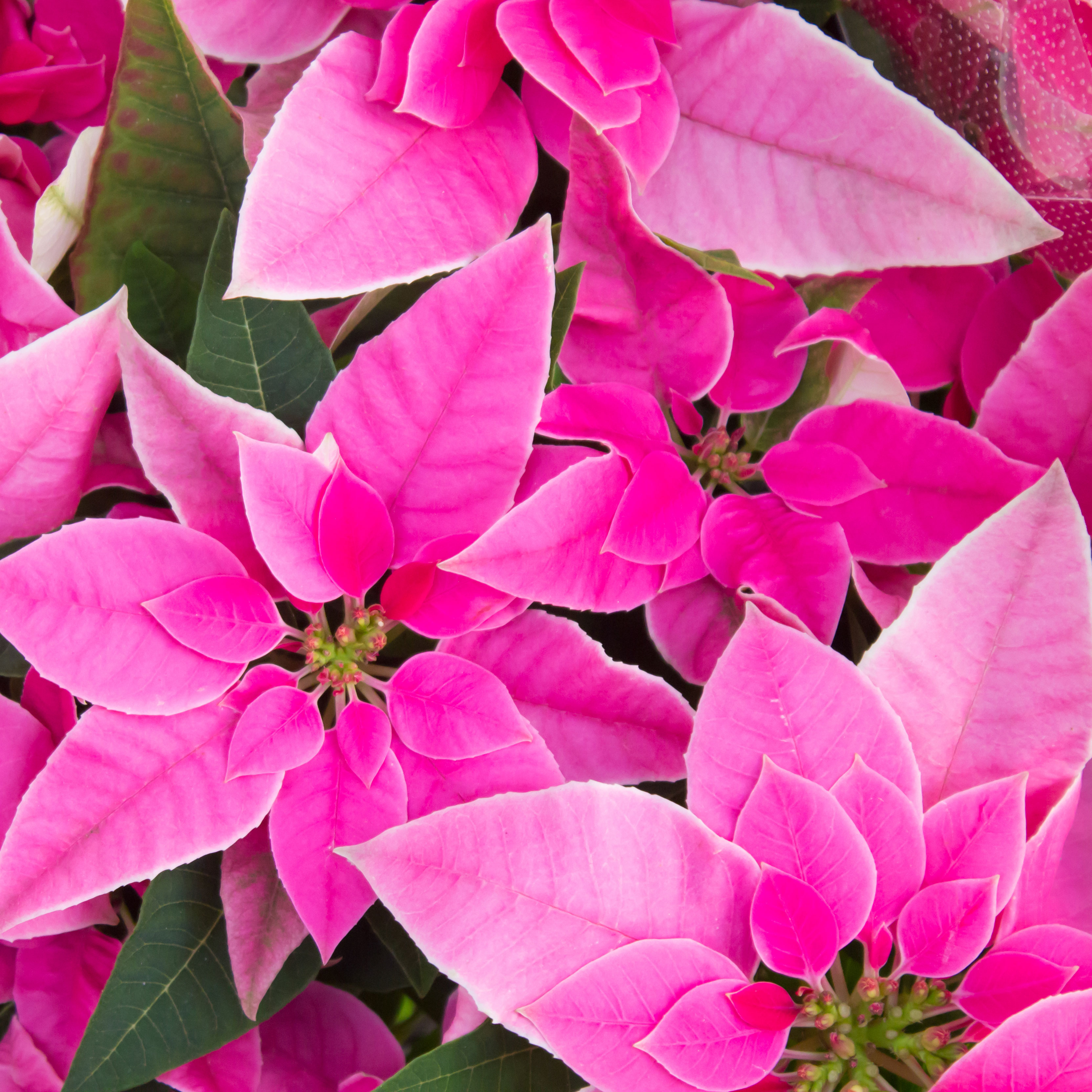 Poinsettia Pinks: 7 Pink Poinsettias To Grow For Neon Hot Tones And Cool Pretty Pastels
Poinsettia Pinks: 7 Pink Poinsettias To Grow For Neon Hot Tones And Cool Pretty PastelsWhile the traditional red poinsettia is a staple of many homes over the holiday period, they are not your only option. For cheerful brights or pastels, why not grow pink poinsettias?
By Tonya Barnett
-
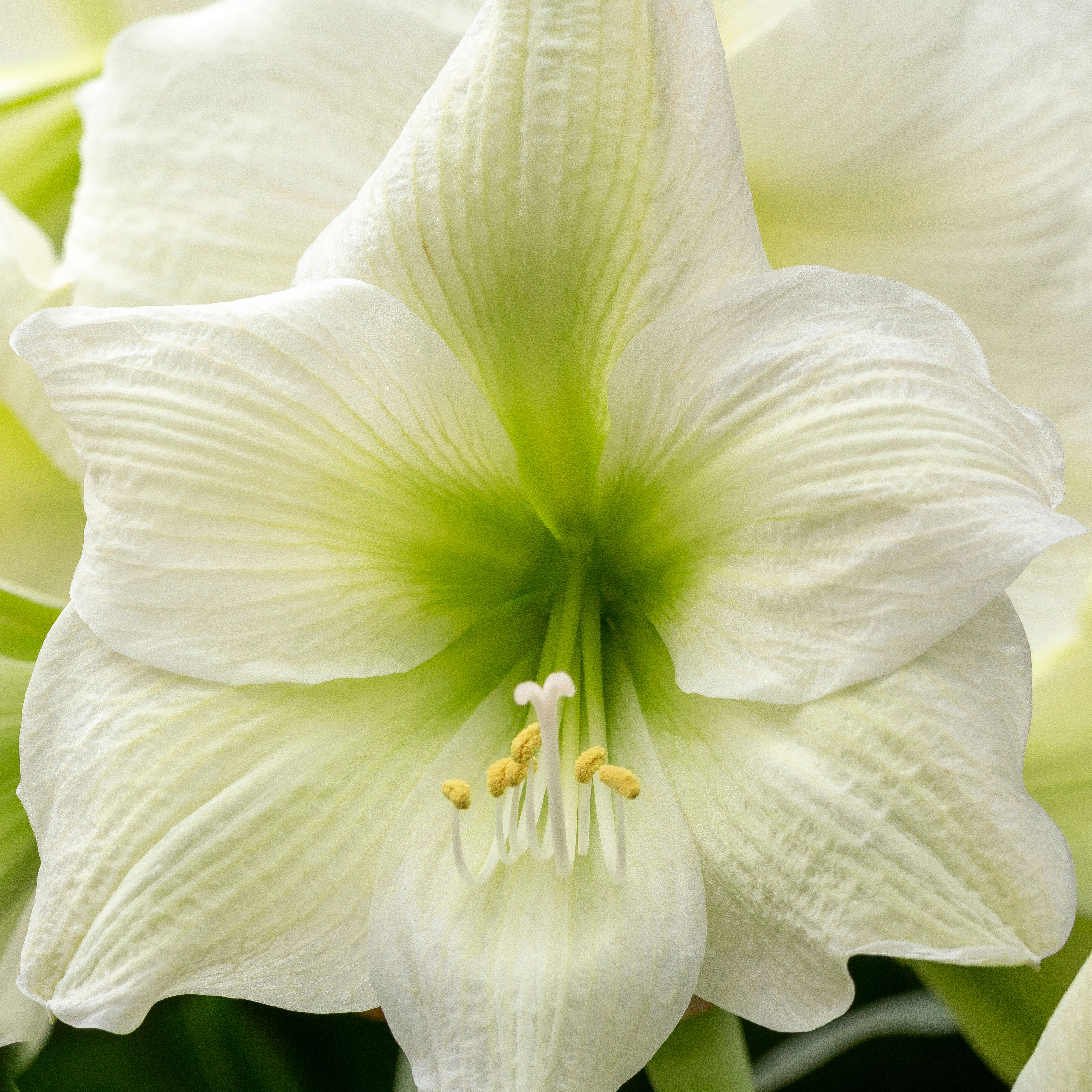 Want Amaryllis But Not Red? Try These 8 White Amaryllis Varieties For The Ultimate Elegance
Want Amaryllis But Not Red? Try These 8 White Amaryllis Varieties For The Ultimate EleganceYou’re probably familiar with the crisp red blooms of the traditional amaryllis – but if you feel like something more unusual and elegant, why not try white amaryllis?
By Mary Ellen Ellis
-
 Are Poinsettias Poisonous To Cats? What You Need To Know For Happy, Healthy Felines
Are Poinsettias Poisonous To Cats? What You Need To Know For Happy, Healthy FelinesThey have the potential to brighten up homes long after the holidays, but are poinsettias poisonous to cats? Make sure you read this before mixing the two!
By Susan Albert